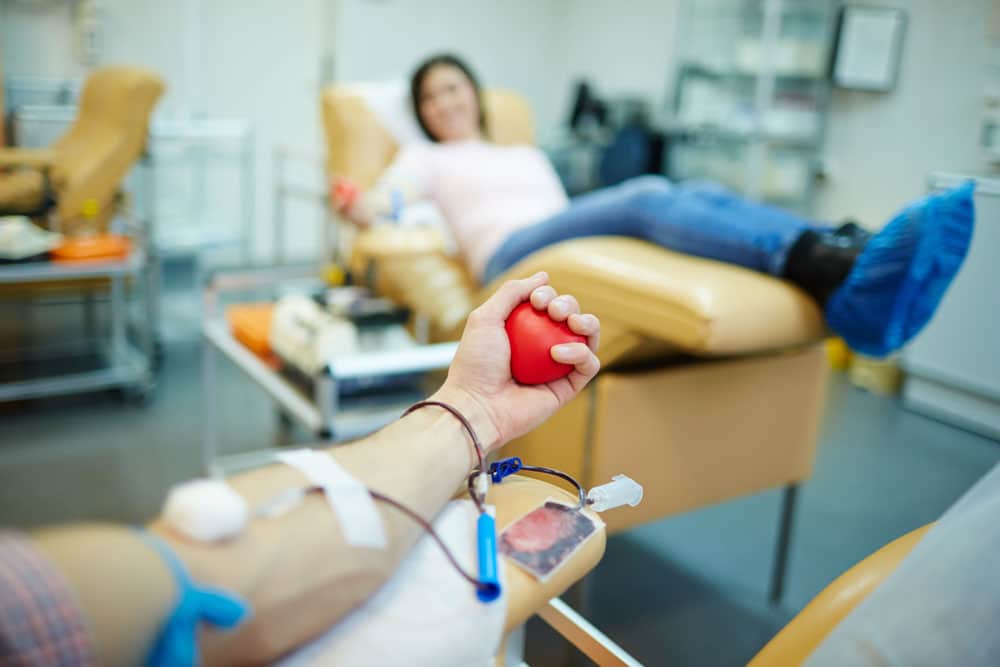
January is officially National Blood Donor Month, during which the American Red Cross and other organizations sponsor blood drives, honor those who give blood, and encourage new donors. For older adults who maintain a lifestyle of independent senior living, donating blood is a great opportunity to get involved in a good cause and help others in your community.
Find Senior Living Near Me
Here are four reasons why healthy seniors should consider donating blood on a regular basis starting in National Blood Donor Month:
1. Blood is in Short Supply During the Winter.
Since 1970, January has been known as National Blood Donor Month because winter is a challenging time to find blood donors, as many regular donors travel during the holidays, get sick, or cannot travel to their local blood bank due to unfavorable weather conditions. However, the number of people who need blood remains consistent throughout the year. The American Red Cross notes that approximately 44,000 blood transfusions are needed every day in the United States. These donations commonly help cancer patients, people undergoing surgeries, organ transplant recipients, and accident victims. Donating this month ensures people in your community receive blood when they need it most.
2. You Can Save Multiple Lives with one Donation.
Every time you donate a pint of blood, your contribution can potentially save up to three lives. This is because sometimes patients only need a specific component of the blood to treat their condition. Red cells, plasma, and platelets are common components derived from donations through a process known as blood component therapy. Additionally, AARP reports that seniors can give blood more comfortably than younger donors, as they are less likely to experience adverse effects like dizziness, bruising, or fainting.
3. You Receive a Free Mini-Physical Every Time you Donate.
Every time you donate blood, a phlebotomist checks your blood pressure, pulse, hemoglobin level, and temperature to ensure you are healthy before they start the donation process. If any of these levels are abnormal, the technician will alert you and tell you to follow up with a doctor if needed. You are also notified if your blood sample tests positive for infectious diseases, which means donating blood can also be a way to monitor your own health. Don’t be discouraged if your sample is not useable or if you are deferred – your local blood bank will happily have you back to try again once you meet all eligibility requirements.
4. You May Need Blood Someday.
According to AARP, approximately 25 percent of Americans need blood at least once in their lives, and this percentage becomes higher for those of us over 50 years of age. If your healthcare story takes an unexpected turn and you need blood, every pint you receive comes from a generous donor. Take the opportunity while you are in good health to return the favor.
Ready to donate? Click here to find a blood drive happening near you.




